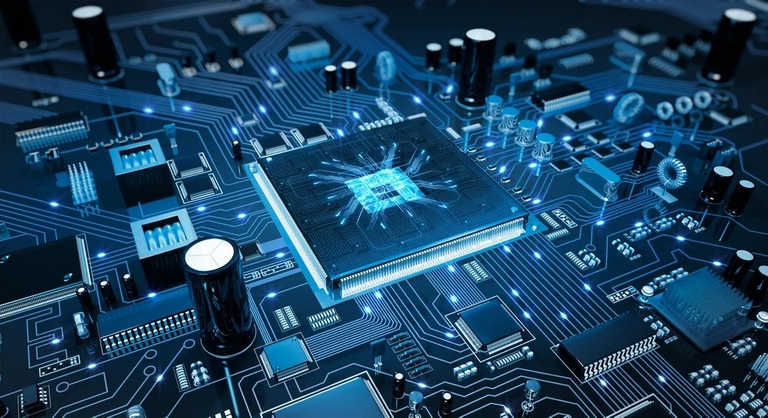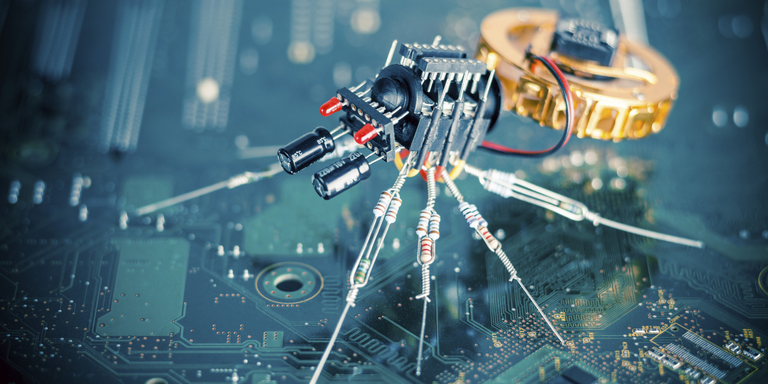What Is Nano Tech
Nanotechnology is the study and use of structures and materials that are on a scale of about 1 to 100 nanometers. A nanometer is a very small unit of measurement, equal to one billionth of a meter. Nanotechnology has the potential to revolutionize many different fields, including electronics, medicine, and energy production. It involves the manipulation of individual atoms and molecules to create new materials and devices with unique properties and functions. Some potential applications of nanotechnology include the development of super-strong and lightweight materials, more efficient solar cells, and new drugs and medical treatments.

Types Of Nano Tech

There are many different types of nanotechnology, as the field is broad and encompasses a wide range of technologies and applications. Some common types of nanotechnology include:
Nanomaterials: Materials that have been engineered or synthesized on the nanoscale, such as nanoparticles, nanotubes, and nanofibers.
Nanofabrication: The process of creating structures and devices on the nanoscale using techniques such as lithography, etching, and deposition.
Nanoelectronics: The use of nanotechnology to create electronic devices and circuits that operate at the nanoscale.
Nanomedicine: The use of nanotechnology in the field of medicine, including the development of drug delivery systems, diagnostic tools, and treatments.
Nanophotonics: The study of the interaction of light and nanostructures, with applications in areas such as communication and computing.
Nanomechanics: The study of the mechanical properties of nanostructures, with applications in areas such as materials science and engineering.
Molecular nanotechnology: The use of nanotechnology to manipulate individual molecules and atoms to create new materials and devices.

Importance Of Nano Tech

Nanotechnology has the potential to bring about numerous technological and societal benefits. Some potential advantages of nanotechnology include:
Improved materials: Nanotechnology can be used to create new materials with improved properties such as strength, conductivity, and durability.
Greater efficiency: Nanostructures can be used to make devices and systems that are more efficient and use less energy.
Smaller, lighter, and more portable devices: Nanotechnology can be used to create smaller, lighter, and more portable electronic devices, such as smartphones and laptops.
Medical advancements: Nanotechnology has the potential to revolutionize the field of medicine by enabling the development of new drug delivery systems, diagnostic tools, and treatments.
Environmental benefits: Nanotechnology can be used to create more efficient energy production and storage systems, which could reduce our reliance on fossil fuels and help to mitigate the impact of climate change.
Consumer products: Nanotechnology is being used to create a wide range of consumer products, including sunscreens, cosmetics, and food products.
Defense and security: Nanotechnology has potential applications in the field of defense and security, such as the development of new materials for use in body armor and the creation of sensors for detecting chemical and biological agents.
Thanks For Reading.

